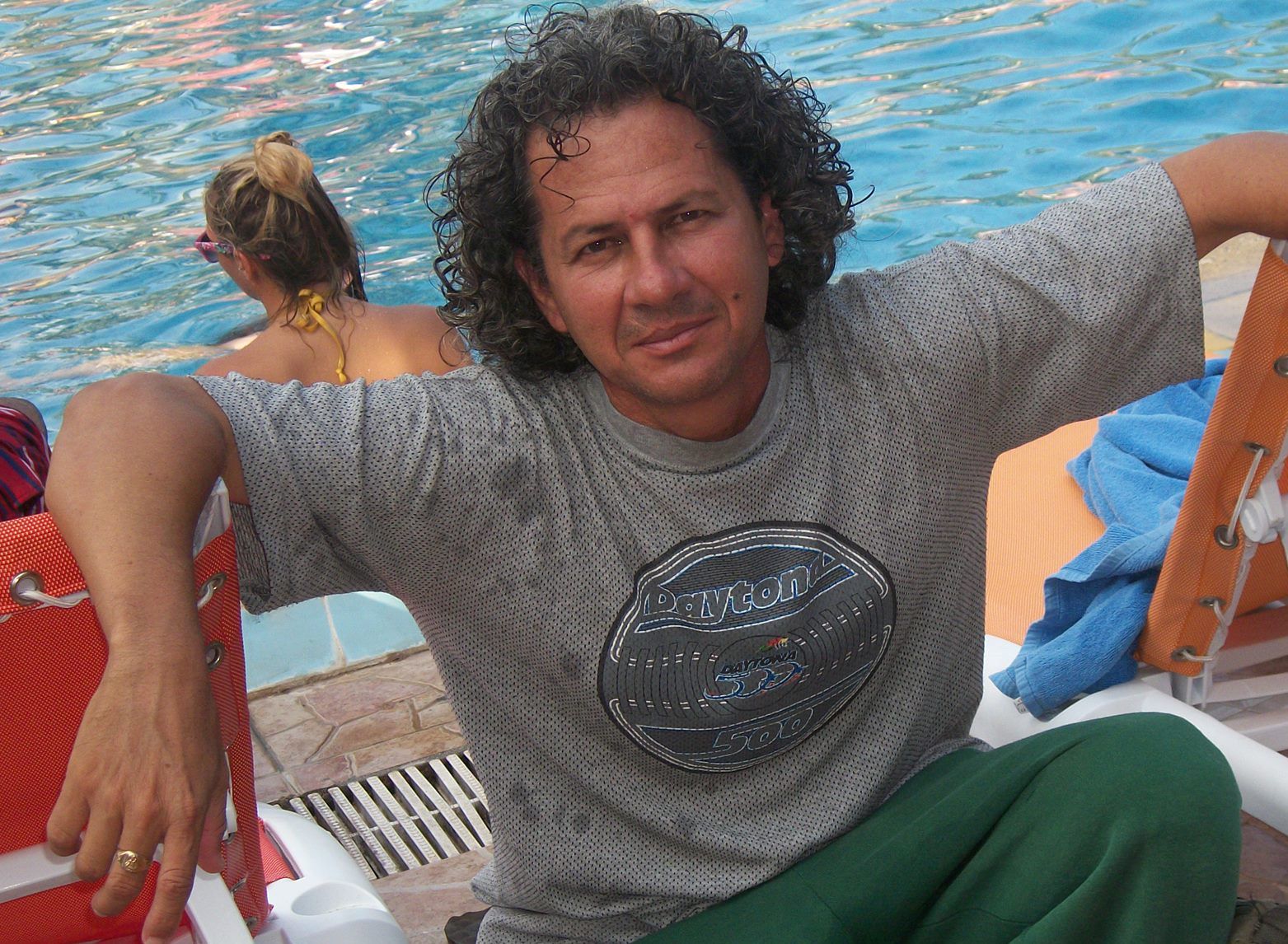
Luis Felipe Rojas, 1 July 2016 — This Friday I was informed that Cuban writer, poet, novelist, and cultural advocate Poemario de Rafeal Vilches was denied a visa by the United States embassy in Havana. Vilches has become an problem for those who claim that things have changed in Cuba. He has been arrested, interrogated by State Security, and remains in an intellectual shadow now that he is no longer invited to official literary soirees on the island.
It is a pattern. It happened some months ago to Danilo “El Sexto” Maldonado (although the matter was resolved in three days after a diplomat urgently asked me for his contact information), and to the musician Renay from the band Prono para Ricardo. The writer Ernesto Pérez Chang was denied a visa at least twice.
A week ago I spoke with Yoel Bravo, a resident of Villa Clara. He told me that they denied him a visa to travel to a meeting of Cuban activists in Puerto Rico. “They do not give reasons, they only ask you to return in a year,” said Yoel, who has been arrested, brutally beaten, and threatened with death after he was accused of putting up anti-Castro posters opposing the communist regime.
It is the decision of an official, a diplomat whose look and tone can sharpen in that certain way when dealing someone who speaks up in the face of abuse and tells it like it is. They are not the first dissidents who have been prevented from traveling to the United States to seek freedom and to talk about censorship outside a country that stifles them and chokes them off like birds in pen.
Vilches was invited to participate in the Festival of Art and Literature Summit, that was organized by the restive Armando Añel and his wife Idabell Rosales in Miami. The prize winners and Neo Club authors are not the sort of people to keep quiet. They include prominent intellectuals like Jorge Olivera Castillo, who was sentenced to eighteen years in a Cuban prison because the words rattling around in his head happened to coincide with those that came out of his mouth — a habit that many, but not all, Cubans have lost.
Vista has become a beacon of independent cultural thought, a picture of what a future country might be, just as powerful hands are trying to bind it to a long fifty-seven-year-old past marked by terror and low blows.
Such are the changes in Cuba. Now in Miami unabashedly militant communists, police collaborators, members of the “rapid response brigades,” who respond to the regime’s call to scream down any sign of dissent, and people openly supportive of the Castro regime — those who have enjoyed the benevolence of those whom they are now thwarting — embrace us along with the poet Rafael Vilches.
